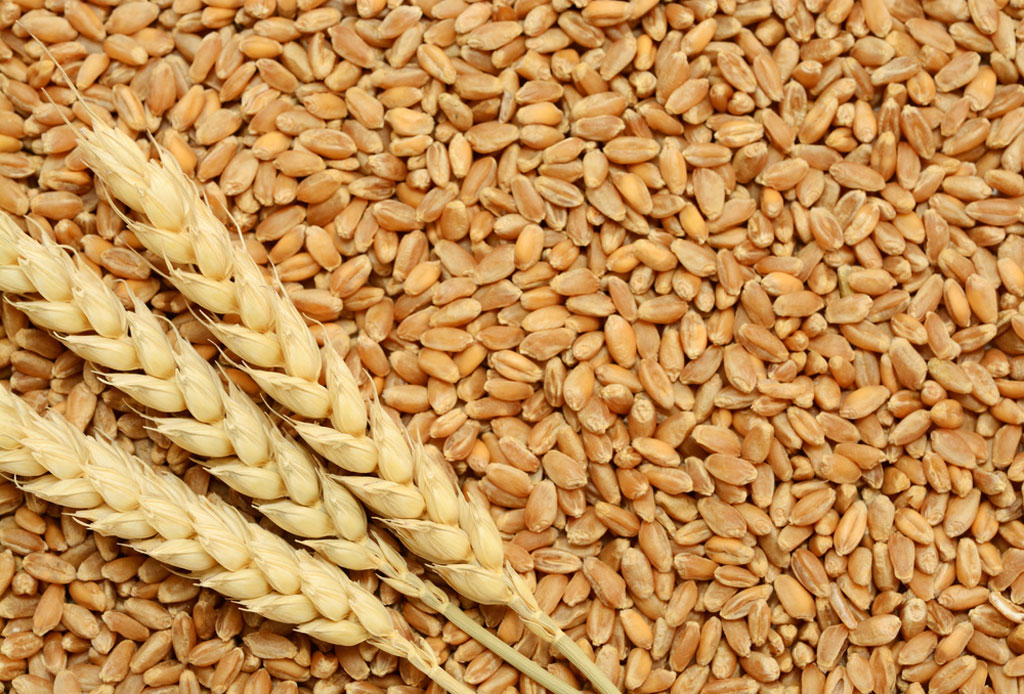
ADDIS ABABA– Ministry of Agriculture said that Ethiopia is working to substitute wheat importation and ensure self-sufficiency in the coming few years by expanding irrigated wheat production in the lowlands along the major river basins.
So far, close to 14 thousand hectares of land is already cultivated in various areas of the country through irrigation. Daniel Dendamo, Ministry’s Public Relation Directorate Team Leader told The Ethiopian Herald that the wheat is being cultivated in three major downstream, Awash, Shebele and Omo, using irrigation.
Covering about 10 thousand hectares of land, the Awash Downstream is the largest selected areas for irrigated wheat cultivation, according to him. The government is providing the farmers, pastoralists as well as investors with improved technology, fertilizers, chemicals, improved seeds as well as the necessary professional support to showcase the positive outcomes of developing wheat in dry seasons which had not been experienced before in the country.
Though fluctuation of rain has drawn us back from our schedule, the overall performance shown in all areas to this point is promising, Daniel remarked.
Improved wheat seed duplication that is suitable for the irrigated lowlands is also being done by the Ethiopian Institute of Agricultural Research in nearly four thousand hectares of farmland which is said to be used in the next Meher season.
“Following the homegrown economic reform the nation has already embarked on, our rain fed-production system will be fully assisted by irrigation and modern technology to increase product and productivity. Most of all, wheat importation could be substituted by local production.”
He added that private investors are taking part in cultivating wheat through irrigation in various areas including in Southern Omo, Arba Minich, and Afar states, among others. As wheat self-sufficiency is very essential, he called on the government to endow the farmers and pastoralists with farming technologies.
Ministry of Agriculture, Water, Irrigation and Engineering Ministry, Agricultural Research Institute, Ministry of Finance and Agriculture Research Councils Secretary are the major stakes for the cultivation of wheat in dry season, it was learnt.
The Ethiopian Herald, January 29/20120
BY BETELHEM BEDLU





